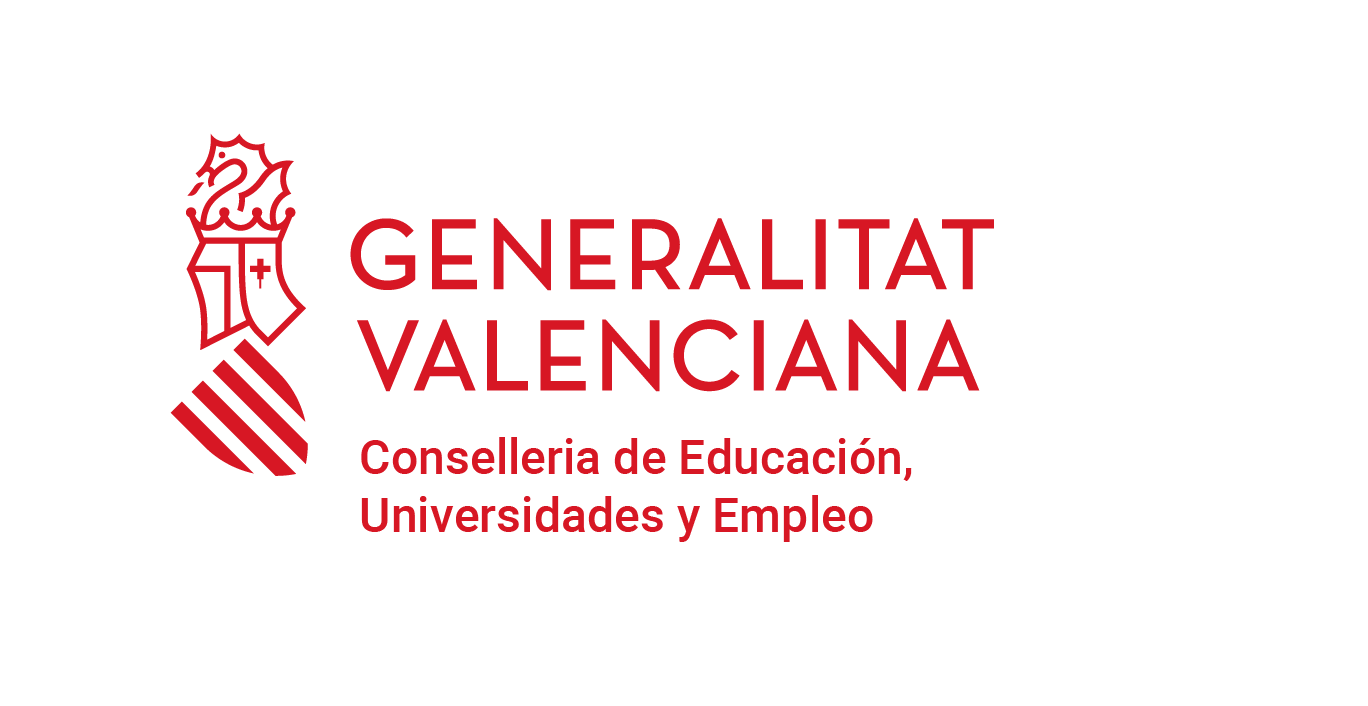During the opening session, some data were provided which reveal the difficulty that Spanish firms have in obtaining credit. An example of such is that a German firm can manage to obtain credit that is 75% cheaper than a Spanish firm, or how only 1.5 million euros have been granted to firms in Castellón of the 200 million euros provided for overseas commerce purposes.
After presenting pymefinance.es it was the turn of the round tables. First of all, Rafael Navarro, the director de the El Mundo newspaper in the Valencian Community, led a round table on private financing and the strategies adopted for an SME to obtain it. In this round table, the following people participated: Pedro Bisbal, the General Director of CvBAN; Antonio Martínez of SECOT and Xavier Alfonso, the Managing Partner of ValCapital, a risk capital venture. To conclude the different participations, some recommendations are worth stressing: it is necessary to be aware of the whole pool of operators there is in the market; it is important that projects requiring financing are of an all-round vocation and with an international perspective; it is essential to have an excellent company plan available.
The second round table, dedicated to the new public financing opportunities available for firms, was moderated by Francisco Estevan, the Director of Pymefinance, in which the following people took part: Juan Viesca, the General Director of “European Projects and Fund” of the Generalitat Valenciana (Regional Valencian Government); J. Manuel Sanmartín, the Director of innovation at IVACE (the new Valencian Business Competitiveness Institute); Francisco Negre, the Director of ESPAITEC. While the debate was underway, light was shed on how aid has evolved and aid now takes the form of non-repayable fund subsidies that are increasingly becoming incentives and loans with aid systems of a public-private partnership. “This will be the future” the Director of ESPAITEC stated.
Another of the conclusions drawn is that, when it comes to granting a credit line, the criteria closely consider that the project addresses the market and the customer. All the experts advised presenting projects with partners, and setting up consortia, clusters or groups of firms when accessing financing.




